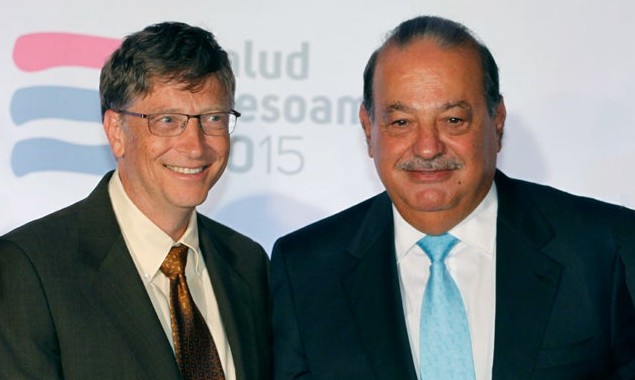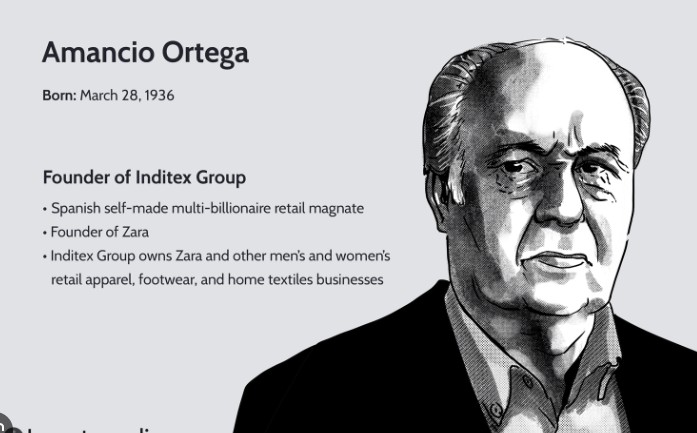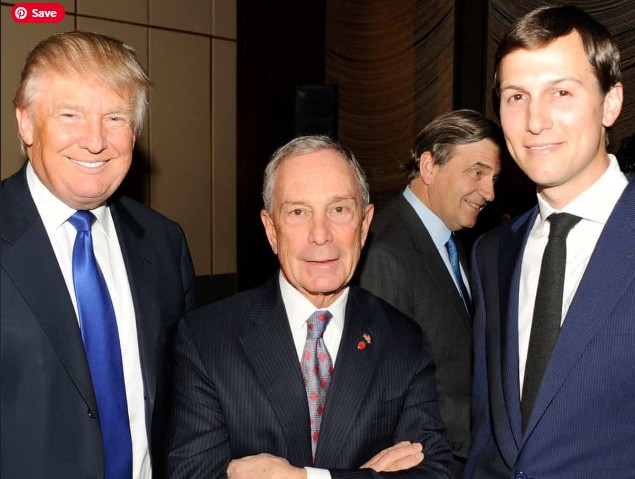Chapter 1: The Early Years: Seeds of Innovation (1984-2003)
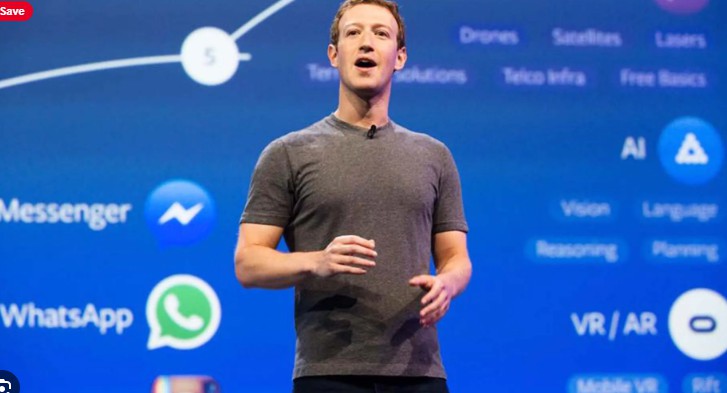
1.1. From Scarsdale to Harvard: A Privileged Start
Mark Elliot Zuckerberg was born on May 14, 1984, in White Plains, New York. His family, though not aristocratic, belonged to the affluent class. His father, Edward Zuckerberg, a dentist, and his mother, Karen Kempner, a psychiatrist, instilled in Mark a strong work ethic and a passion for learning. This upbringing fostered a sense of ambition and a desire for success that would later propel him to the forefront of the tech world.
Mark’s early years were marked by a deep fascination with technology. He began coding at the age of 12, developing a messaging program called “ZuckNet” for his family. This early foray into programming showcased his inherent aptitude and ignited a passion that would define his future.
1.2. The “Hacker” at Ardsley High School: A Glimpse of Future Brilliance
At Ardsley High School, Zuckerberg was known for his intelligence and his fascination with computers. He excelled in academics, particularly in science and mathematics, earning the prestigious “Distinguished Alumnus” award in 2002.
However, his academic success was often overshadowed by his reputation as a “hacker.” In 2001, he created a program called “Synapse Media Player” that could predict user preferences based on their listening habits. This project caught the attention of several companies, including Microsoft, which offered him a lucrative job offer. Zuckerberg, however, declined, prioritizing his education at Harvard.
1.3. From Dorm Room to Web Phenomenon: The Birth of Facemash

In 2003, during his sophomore year at Harvard, Zuckerberg created a website called “Facemash,” a controversial application that allowed students to rate the attractiveness of their peers. This project, despite its short lifespan, made headlines and sparked debate regarding privacy and online behavior.
While Facemash landed Zuckerberg in hot water with Harvard authorities, it marked a crucial turning point in his life. The experience taught him the power of social interaction online and ignited his ambition to build a platform that connected people on a larger scale.
Chapter 2: The Facebook Revolution: From Dorm Project to Global Phenomenon (2004-2010)
2.1. The Facebook Story: A Dorm Room Experiment
In early 2004, Zuckerberg, along with his friends Eduardo Saverin, Andrew McCollum, Dustin Moskovitz, and Chris Hughes, launched Facebook from a Harvard dorm room. The initial concept was simple: to create an online directory that allowed students to share information and stay connected.
The website quickly gained traction, spreading beyond Harvard and into other universities across the United States. Facebook’s intuitive interface and focus on user-generated content resonated with a generation yearning for online connectivity.
2.2. The Growth of Facebook: Expanding Beyond the Campus
As Facebook’s popularity surged, Zuckerberg and his team faced the challenge of scaling the platform to accommodate a growing user base. The need for funding became paramount, and in 2005, Facebook secured $12.7 million in venture capital, marking a turning point in its evolution.
This funding paved the way for Facebook to become a global phenomenon. By 2006, the website had surpassed MySpace as the most popular social networking platform in the world, boasting millions of active users. This success solidified Facebook’s position as a game-changer in the world of online communication.
2.3. The Acquisition of Instagram: A Strategic Move
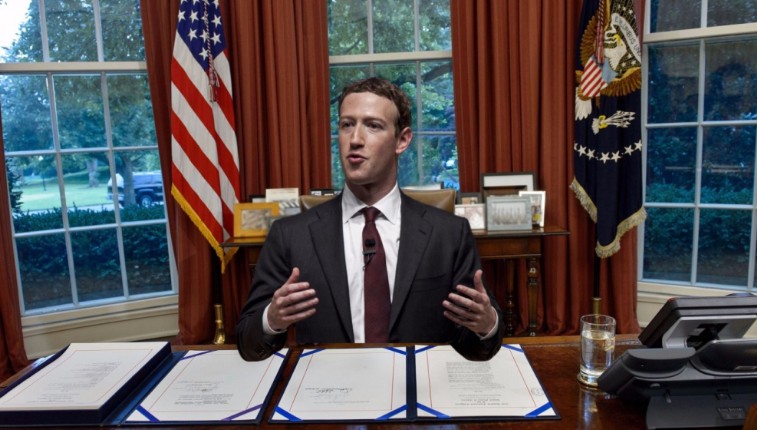
In 2012, Facebook acquired Instagram, a photo-sharing platform that had rapidly gained popularity. This strategic move solidified Facebook’s dominance in the mobile social media market and expanded its reach into the realm of visual communication. The integration of Instagram into Facebook’s ecosystem further cemented its position as the world’s leading social networking platform.
Chapter 3: Navigating Challenges: Privacy Concerns, Political Influence, and the Rise of Competition (2011-2020)
3.1. Privacy Concerns: Navigating the Ethical Landscape
As Facebook’s user base grew, so too did concerns about privacy. The platform’s massive data collection practices sparked debates regarding user consent, data security, and the potential for misuse of personal information. In 2018, the Cambridge Analytica scandal, which involved the unauthorized harvesting of user data, shook the company’s reputation and highlighted the ethical complexities associated with its business model.
3.2. Political Influence: Facebook’s Role in the Information Age
Facebook’s influence on global politics became a subject of intense scrutiny, particularly during the 2016 US presidential election. The platform was accused of enabling the spread of misinformation and foreign interference, leading to calls for increased regulation and accountability.
3.3. The Rise of Competition: Navigating a New Landscape
The social media landscape became increasingly competitive, with the emergence of platforms like TikTok and Snapchat posing significant challenges to Facebook’s dominance. Zuckerberg and his team were forced to adapt, introducing new features and functionalities to maintain user engagement and counter the allure of newer platforms.
Chapter 4: Meta: Redefining the Future (2021-Present)
4.1. The Metamorphosis: From Facebook to the Metaverse
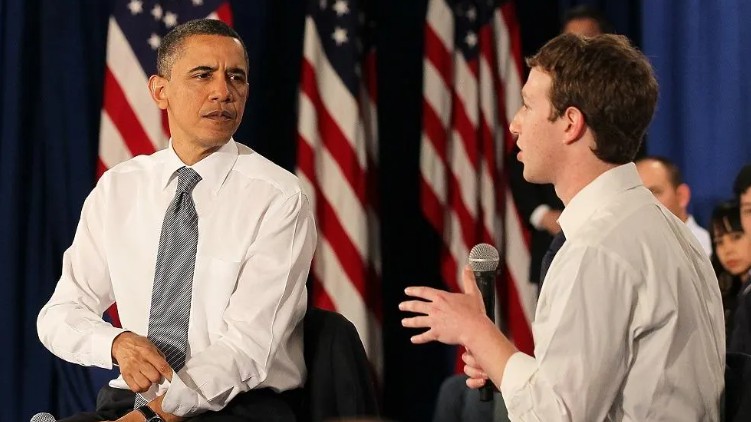
In 2021, Facebook rebranded itself as “Meta,” reflecting a shift in focus towards building the “metaverse,” a concept that envisions a future where virtual and augmented reality technologies merge to create immersive digital experiences.
4.2. Investing in Virtual and Augmented Reality: Building the Future
Meta has invested heavily in research and development of VR and AR technologies. This ambition reflects Zuckerberg’s vision for the future of the internet, where users will interact with digital environments in ways that transcend the limitations of traditional social media.
4.3. The Metaverse: Potential and Challenges
The metaverse holds immense potential to revolutionize the way we work, learn, play, and socialize. However, its development also poses challenges regarding ethical considerations, inclusivity, and the potential for further data privacy concerns.
Chapter 5: Legacy and Impact: A Lasting Influence
5.1. Transforming the World: The Enduring Impact of Facebook
Facebook has undeniably transformed the way people communicate, connect, and share information. The platform has facilitated relationships, fostered communities, and empowered individuals to share their stories and experiences with the world.
5.2. The Zuckerberg Legacy: A Visionary Entrepreneur and a Complex Figure
Mark Zuckerberg’s legacy is multifaceted and complex. He is hailed as a visionary entrepreneur who revolutionized the way we interact online. His contributions to technology have fundamentally reshaped modern society. However, his leadership has also been marked by controversy, raising concerns about data privacy, political influence, and the ethical implications of his company’s practices.
5.3. Looking Ahead: The Future of Meta and the Metaverse
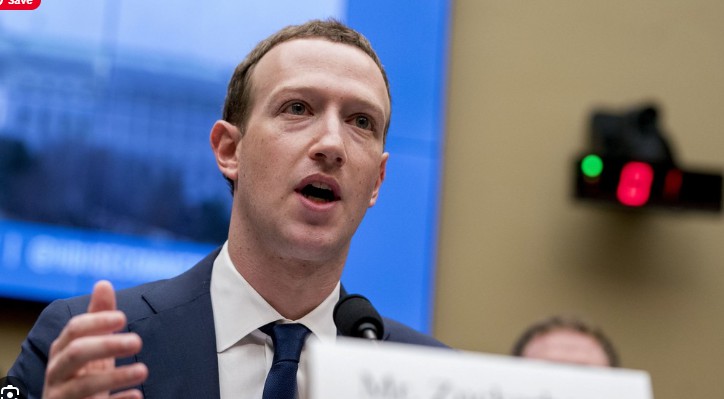
The future of Meta and the metaverse remains uncertain. However, the company’s ambitions, combined with the rapid pace of technological advancements, suggest that Zuckerberg’s vision for the future of human interaction online is far from finished.
Conclusion:
Mark Zuckerberg’s journey, from a coding prodigy to a tech titan, is a testament to the power of innovation, ambition, and an unwavering belief in the potential of technology to connect the world. His legacy, however, is complex and will continue to be debated for years to come. As the metaverse unfolds, Zuckerberg’s impact on the future of human interaction will be a defining force, shaping the contours of our digital lives for generations to come.


